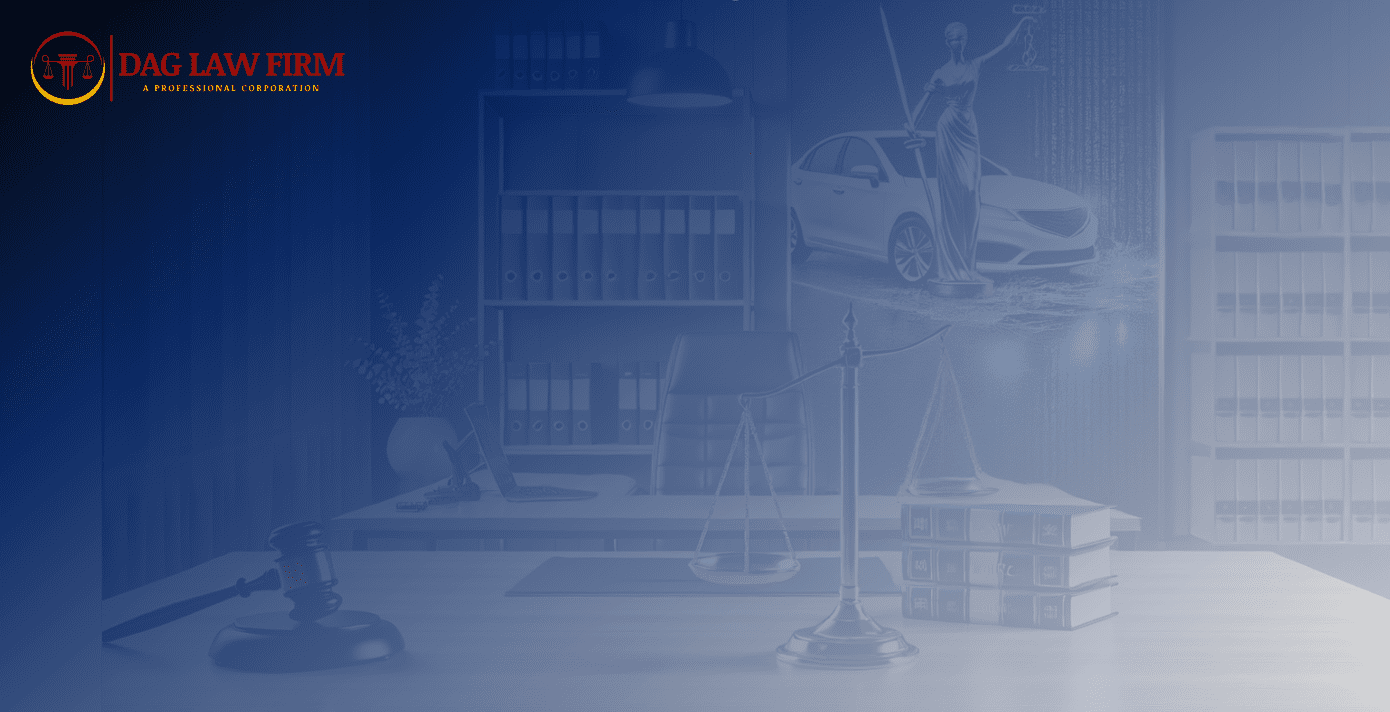Can You Waive Negligence and Get Compensation?
DAG Law Firm brings extensive expertise to handling personal injury and accident claims, offering unparalleled guidance, counseling, and securing financial compensation for our clients. With a deep realizing of the complexities involved, we provide personalized support every step of the way, ensuring you fully comprehend each aspect of the legal process. Whether you seek advice or action, count on us to represent your interests and address your distinct needs with unwavering dedication and diligence.
As you navigate the aftermath of a personal injury, you may be wondering if you can waive negligence and still seek compensation. This article will explore the concept of negligence, the potential for waiving it, and how you can pursue legal action to secure the compensation you deserve. We will provide comprehensive insights into the legal aspects and considerations involved in such cases, aiming to equip you with the knowledge needed to make informed decisions about your personal injury claim.
Negligence and its Implications
Negligence is a central concept in personal injury cases, as it refers to the failure to exercise the care that a reasonably prudent person would exercise in similar circumstances. In legal terms, negligence involves four key elements: duty, breach, causation, and damages. Understanding these elements is crucial in determining liability and pursuing compensation for your injury.
Duty: The first element of negligence involves establishing that the defendant owed a duty of care to the plaintiff. This duty is typically rooted in general societal expectations and, in some cases, specific laws or regulations.
Breach: Once duty is established, the next step is to show that the defendant breached that duty through their actions or inactions. This breach could involve an act of negligence, such as distracted driving, failure to maintain a safe premises, or medical malpractice.
Causation: After establishing a breach of duty, it must be demonstrated that this breach directly caused the plaintiff’s injuries. This element requires a clear link between the defendant’s actions and the harm suffered by the plaintiff.
Damages: Finally, the plaintiff must prove that they suffered actual damages as a result of the defendant’s breach. These damages can encompass medical expenses, lost wages, pain and suffering, and other tangible or intangible losses.
Negligence and Waiver
In certain situations, individuals may be presented with the opportunity to waive negligence. This may occur in various settings, such as signing a liability waiver before participating in a high-risk activity or agreeing to arbitration clauses in contracts, including employment agreements and consumer contracts. While these waivers can limit or waive the right to pursue legal action based on negligence, it is important to note that not all waivers are enforceable.
When evaluating the enforceability of negligence waivers, courts consider several factors, including the clarity and specificity of the waiver language, the nature of the activity or relationship involved, and public policy considerations. Furthermore, waivers may be unenforceable if they are deemed to be unconscionable or against public interest.
It is crucial to seek professional legal guidance to determine the enforceability of a negligence waiver in your specific circumstances. An experienced personal injury attorney can assess the validity of the waiver and advise you on your legal options, ensuring that your rights are protected and upheld.
Pursuing Compensation Beyond Negligence Waivers
Even when a negligence waiver is in place, it is important to understand that there are situations where seeking compensation for a personal injury is still viable. In cases where gross negligence, intentional misconduct, or violations of public policy are involved, courts may refuse to enforce waivers and allow injured parties to pursue legal action.
Moreover, if you are injured due to the negligence of a third party who is not covered by the waiver, you may have grounds for seeking compensation from that party. For example, if you are injured in an automobile accident involving a negligent driver who is not protected by a waiver, you may be able to pursue a personal injury claim against them.
It is essential to engage the services of a skilled personal injury attorney to thoroughly assess the circumstances of your injury, scrutinize any relevant waivers, and identify all potential avenues for pursuing compensation. An experienced attorney can leverage their knowledge of personal injury law to build a compelling case on your behalf and advocate for the compensation you are entitled to.
Conclusion: Schedule an Appointment Today
Navigating the legal intricacies of personal injury claims, including considerations around negligence and waivers, can be daunting. However, you don’t have to face this challenge alone. At DAG Law Firm, we are committed to providing tailored legal support and empowered advocacy to individuals facing the aftermath of personal injuries. Our team is dedicated to safeguarding your rights, pursuing justice, and securing the compensation you deserve.
If you or a loved one has suffered a personal injury and are seeking clarity on your legal options, we encourage you to schedule a consultation with our knowledgeable attorneys. By taking this proactive step, you can gain a deeper realizing of the legal landscape surrounding your injury and chart a path toward fair and just compensation.
Schedule an appointment with DAG Law Firm today, and allow our seasoned legal professionals to guide you through the complexities of personal injury claims, including the potential implications of negligence waivers. Take the first step toward asserting your rights and obtaining the compensation you need to move forward with confidence.



